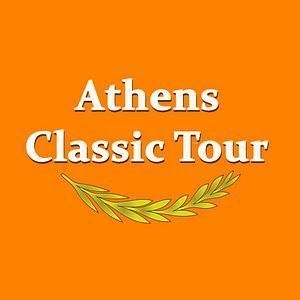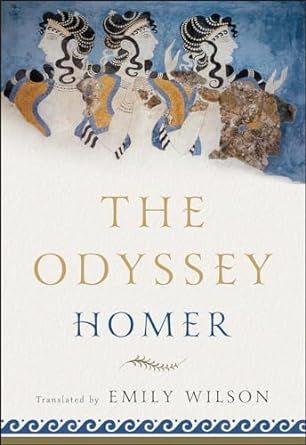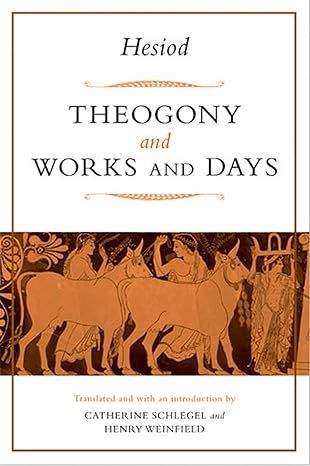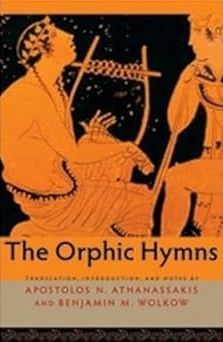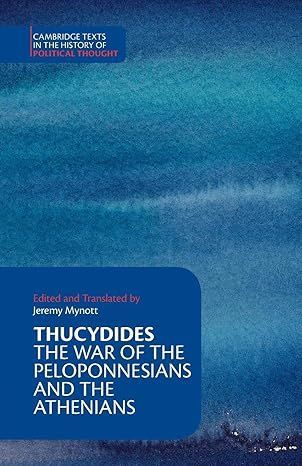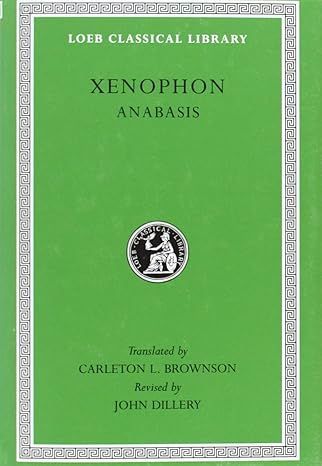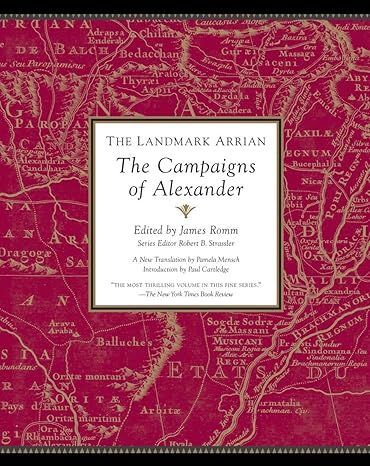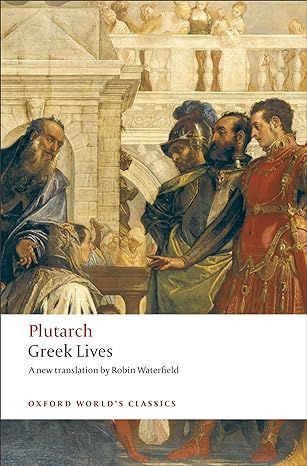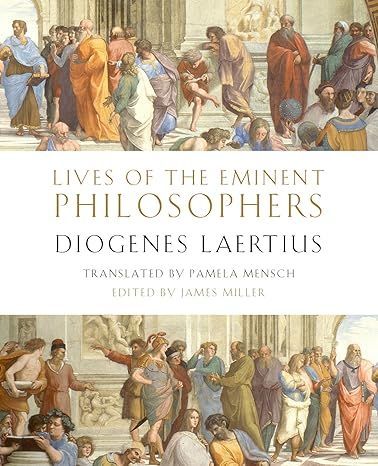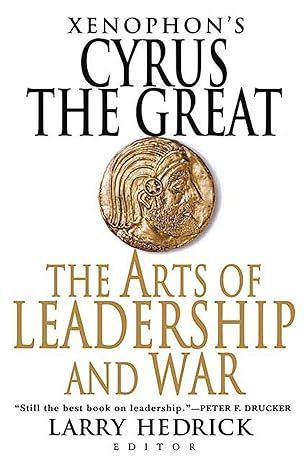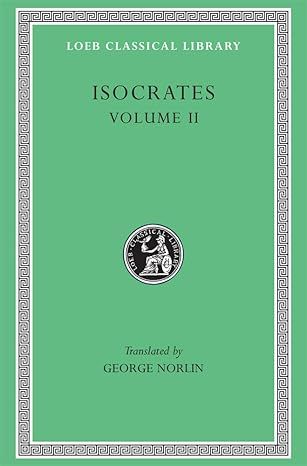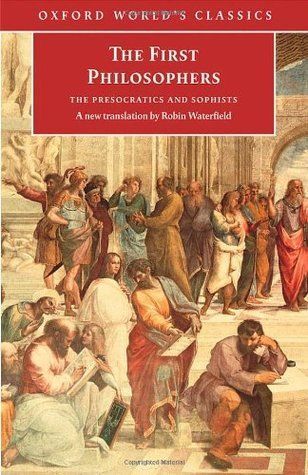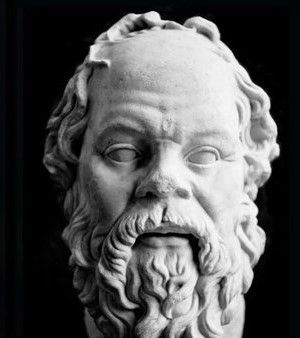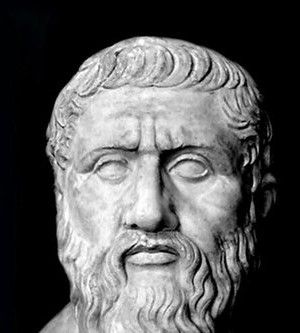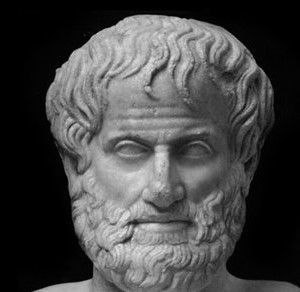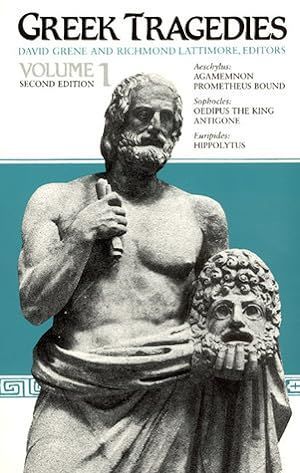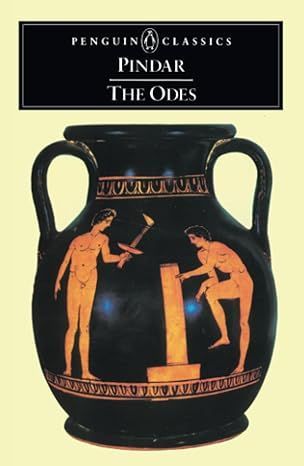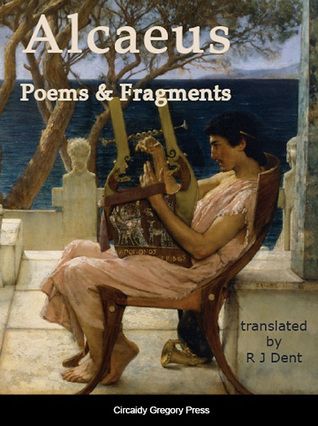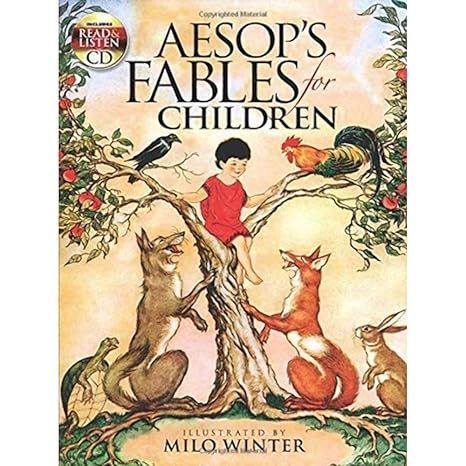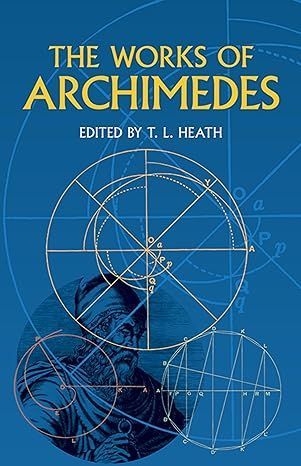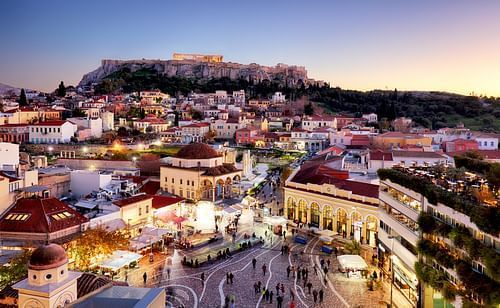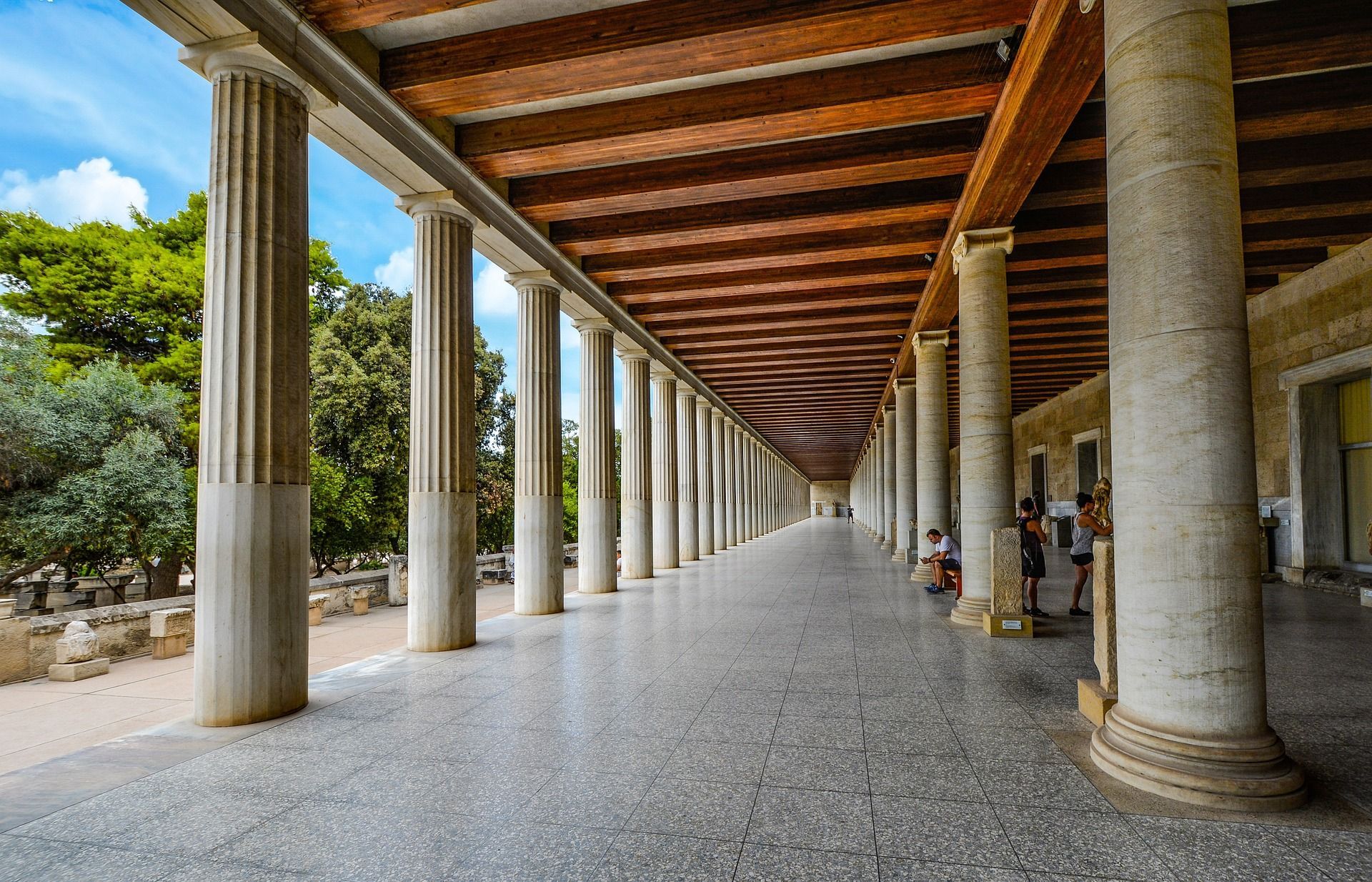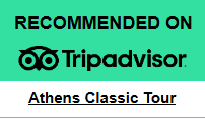Classical Ancient Greek Texts
Our previous post (Books about Ancient Greece), suggests some books that consist a good introduction to Greek: History – Democracy – Mythology - Philosophy – Sciences – Arts & Novels
This post suggests some of the most important ancient Greek texts, translated in English.
You may also find most of these texts free online, with just a Google search (in different translations)!
Classics
Homer: The Iliad
The two most famous Homeric Epics are considered among the greatest works of the world. There are so many translations but this one follows the iambic pentameter form, so...read it aloud (this is why it was written in this form!).
"Emily Wilson’s translation of the Iliad brings Homer’s great war story to rousing new life….propulsive….buoyant and expressive."
― Natalie Haynes, New York Times Book Review
"Readable, relevant and from the heart, this is the Iliad we have all been waiting for, whether we knew it or not."
― Naoíse Mac Sweeney, Washington Post
“[Wilson] preserves the musicality of Homer’s poetry, opting for an iambic pentameter whose approachable storytelling tone invites us in, only to startle us with eruptions of beauty.… Wilson’s transformation of such a familiar and foundational work is… astonishing.”
―Rebecca Newberger Goldstein, Atlantic
Homer: The Odyssey
The second Homeric poem was declared by BBC, some years ago, the no. 1 in their list of the "10 top stories that shaped the world" (in the T.E. Lawrence translation which is also considered a great one). It seems that the story of a person returning to home, despite all the controversies and obstacles, is one that moves people across time and across the globe!
“In the history of Odyssey translations, few have exerted such a cultural influence that they become ‘classics’ in their own right.… I predict that Emily Wilson will win a place in this roll-call of the most significant translations of the poem in history. She certainly deserves the honour.” ―Edith Hall, Daily Telegraph
"A revelation. Never have I been so aware at once of the beauty of the poetry, the physicality of Homer’s world, and the moral ambiguity of those who inhabit it." ― Susan Chira, New York Times Book Review
"When I first read these lines…, I was floored. I’d never read an Odyssey that sounded like this. It had such directness, the lines feeling not as if they were being fed into iambic pentameter because of some strategic decision but because the meter was a natural mode for its speaker." ― Wyatt Mason, New York Times Magazine
The following two texts are not for the begginers but those that want to dive deeper into the evolution of ancient Greek thoughts.
Hesiod: Theogony/ Works and Days
Hesiod, one of the earliest Greek poets, has given us the Theogony, the earliest account of the origin (and genealogy) of the ancient Greek Gods. It begins with this phrase: In the beggining there was Chaos (does it ring a bell?). We include it in the list not because it's a good choice for beginners but for its importance in the ancient Greek literature!
"This Schlegel-Weinfield translation of Hesiod is superbly crafted: compelling, unforgettable poetry to be read aloud with delight and gratitude." - Allen Mandelbaum, Endowed Kenan Professor of Humanities, Wake Forest University
Writer unknown: The Orphic Hymns
The Orphic religion, one of the most ancient in the wider Greek world, is about the immortality of the soul and after life. Most likely influenced by Eastern ideas it, most likely, influenced great thinkers such as Pythagoras and Plato and this is why we include it. It's also worth to mention that some scholars find connections of the Orphic religion with the Rig Veda, an interesting idea that has not been examined in depth, although there is serious evidence to support this theory.
History
Herodotus: Histories
Was he accurate or not? This is the most usual question about Herodotus and despite the fact that he was given the title of “Father of History” by Cicero, there’s a centuries old debate about it (in antiquity he was called by Duris of Samos a “myth-monger”).
There is no final judgement for that, yet, even despite the fact that two of his “myths” proved right in recent years (the army that was lost in Sahara and the Egyptian boat). Anyway, he is the leading source for one of the most interesting periods of ancient Greece (the Persian Wars) and certainly an interesting read!
Thucidides: Peloponnesian War
Even though his predecessor, Herodotus, got the (still disputed) title “Father of History”, Thucydides is a whole new level and he is definitely the greatest Greek historian. His “Peloponnesian War” still reverberates throughout the centuries as an exemplar work of history and even geopolitical terms, used today, have been inspired by him (e.g. Thucydides trap, Melian Dialogue).
"Altogether, this edition in a crowded field offers many unique annotations complementing its fresh and accurate translation."
Donald Lateiner, Ancient History Bulletin
"… an extremely useful edition for its re-situation of Thucydides in his own context, especially for the large numbers of readers of Thucydides in disciplines outside the classics. It is no small achievement to convey in modern English the literary qualities of this most political of ancient historians." Liz Sawyer, Oxonian Review
"…a fine addition to the Cambridge Texts in the History of Political Thought series … its excellent footnotes will make it a worthy [addition] to any reading list." Benjamin Earley, The Classical Review
Xenophon: Anabasis
Xenophon, a man of many qualities, was an exceptional case in ancient Greek history. A philosopher (student of Socrates), a spokesman, a military leader, a writer and...more! He joined an expedition including some ten thousand Greeks led by the Persian governor Cyrus (the Younger) against his brother, the Persian king. After the defeat of Cyrus, it fell to Xenophon to lead the Greeks from the gates of Babylon back to the coast through inhospitable lands, the most famous retreat in ancient times! This book describes this amazing story.
"Greatest book youll ever read! Some of the mightiest human feats are accomplished in this tome, and amazingly, the larger portion of this renegade army of mercenaries makes it back home, to begin fighting once more in the Peloponnesian wars. The cultures they encounter, the obstacles they overcome, the hundreds of thousands of soldiers they defeat, all while starving, freezing, burning under the sun, dying of thirst, and longing for home, lead one to imagine the quality of this class of soldier in the classical world. "Anabasis" survives to us this day as a testament to human endurance" (Reader's review in Amazon)
"Ain't that a man? Xenophon was a brilliant tactician, the father of equestrianism, an excellent writer and an all around bad ass. He successfully led approximately 11000 Greeks back home from an ill fated expedition to help Cyrus overthrow his brother, the king of Persia. Without the leadership and tactical skills of Xenophon every single Greek soldier would most likely have died in Persia as a slave. Although this book is more than 2000 years old it reads like a modern day adventure story. Don't be intimidated by the fact that you don't know any of the players in this tale. Xenophon introduces the cast of characters with intimate details and by the time you finish the book you'll want to join up to serve in Xenophon's army. Fast pace, exceptionally well written and a pure joy to read. Recommended for everyone" (Reader's review in Amazon)
Arrian: The campaigns of Alexander
There are some surviving histories of Alexander the Great (all written many years after his death) and among them Arrian's is widely considered the most reliable.
“A sumptuously annotated and lavishly illustrated new edition of The Campaigns of Alexander. . . . Arrian is by far our best and most reliable source for the events he describes.” —The Wall Street Journal
“Pamela Mensch’s new translation is both literal and fast-paced. . . . An ideal introductory text to the career of Alexander, [that] will introduce readers to an accessible ancient historian.” —The New Criterion
“Illuminating. . . . Alexander’s conquests stretched across the known world—this is the first edition of Arrian to show that world in all its vastness.” —The National
Biographies and similar
Plutarch: Greek Lives
Plutarch is the writer of Parallel Lives that refer to 48 (only 23 saved) pairs of Greeks and Romans biographies. It is not "history at its best" but a source of valuable information, since many of his sources are lost! Nevertheless, he contributes lots of stories that give useful insights in our efforts to better understand those men. The book we suggest covers 9 ancient Greeks, namely:
Lycurgus, Solon, Themistocles, Cimon, Alexander, Pericles, Nicias, Alcibiades, and Agesilaus. There are other editions that include all 23 pairs, but this one is a good starting point!
`It is ... a privilege to be offered this sparkling new translation of nine of his Greek Lives by Robin Waterfield. ... It is ... a distinguishing trait of Waterfield's that in the interests of scholarship he will go to endless lengths to find the mot juste; ... the book entirely fulfils the publisher's own criteria for inclusion in the new Oxford World's Classics list, namely to make available 'celebrated writing' in editions equipped with'perceptive commentary and essential back-ground information to meet the changing needs of readers'. To do all that also at a very modest price is an ergon (achievement) indeed.' Paul Cartledge, The Anglo-Hellenic Review
Diogenes Laertius: Lives of the eminent Philosophers
A very important book although it was written in the third century AD, long after the Philosophers he writes about had died, but it has used many sources that are not saved and this book is the only testimony. Lots af ancient Philosophers maxims are found only in this book, making it an invaluable source!
"This [translation] by Pamela Mensch, a distinguished translator of ancient Greek, is superior in three respects. First, it is based on a more accurate edition of the Greek text, made by Tiziano Dorandi in 2013. Second, Mensch avoids the bowdlerization that the Hicks translation was often guilty of. Third, the Mensch translation is furnished with a weighty apparatus of footnotes that are delightfully revealing of Greek history and folkways. Other virtues of this new edition of Lives include the hundreds of philosophy-inspired artworks with which the editor has chosen to adorn the text (a de Chirico, a Daumier, a Francesco Clemente) and sixteen superb essays by such scholars as Anthony Grafton, Ingrid Rowland, and Glenn W. Most." -- New York Review of Books
"Diogenes Laertius' Lives provides a uniquely valuable and entertaining window on early Western philosophy-if it is used wisely. This welcome edition and translation by Pamela Mensch and James Miller, together with its substantial accompanying essays, enables contemporary readers to make the most of it." --Anthony Gottlieb, author of The Dream of Reason and The Dream of Enlightenment
Xenophon: Cyrus the Great
A book on a Persian leader by an ancient Greek? Yes and it's actually a very good one! Xenophon is an underrated writer. This book can be considered the first "manual on leadership" and possibly the first "political philosophy" book that inspired many throughout the centuries (including the notorious Nicolo Machiavelli). Cyrus was an exceptional leader in the ancient world and was admired by many Greeks as the "Lawgiver"
“Xenophone's Cyrus--the earliest book on the subject--is still the best book on leadership.” ―Peter F. Drucker
Isocrates: Speeches
Isocrates is, most unfortunately, almost forgotten. A great orator and a mind way ahead of its time! Can you imagine a Greek 24 centuries ago to say: the name Hellenes (Greeks) suggests no longer a race but an intelligence, and the title Hellenes is applied rather to those who share our culture than to those who share a common blood??? I let others speak of him:
"Isocrates is the greatest, most underrated, orator that ever lived. He is the very person who inspired (and instructed down the ages through his groundbreaking art) figures such as Demosthenes and Cicero in achieving their legendary status, and I find it absolutely amazing how forgotten he has become for the most part. Order the book(s) and see for yourself what the true master and father of oratory is really like...I'm sure you'll be as shocked as I am how someone of such supreme talent and incredible influence has managed under the radar for so long. In addition, his works provide invaluable lessons regarding a very tumultuous time in the Greek world, one which is in many ways similar to the times we ourselves are living through" (Reader's review in Amazon)
Philosophy
Robin Waterfield: The First Philosophers: The Presocratics and Sophists
There is not much left of the Pre-Socratic (Natural) philosopher's work, unfortunately only fragments and testimonies survived to our days, since their works were destroyed, usually by Christian zealots. Therefore, you can approach their ground-breaking ideas only through introductory books that include the most important fragments with commentaries. This book is a good introduction for the Presocratics and also the Sophists.
Socrates - Plato - Aristotle
As you (may) know, Socrates never wrote anything. Whatever we know of him comes mostly from Plato. Therefore scholars set the question: to what extend does Plato reproduce Socrate's ideas accurately? There seems to be a wide concesus that Plato's early works reflect Socrates in a more accurate manner, while his late reveal more his thoughts than his teacher's. Whatever the case, Plato's dialogues showcase the ingenuity of both the teacher and the student!
So, is there a reading order we should follow for Plato? In our humble opinion, the following is a good one:
Eythyphro: A great dialogue, where Socratic irony, at its best, goes hand in hand with vital philosophical questions on piety, justice, morality, virtue, and the pursuit of knowledge. It takes place at the courts, where Socrates goes to learn more about the accusations on him so, timewise, it sets the scene for his Apology.
Apology: Apology in its ancient Greek meaning is to defend your self in the court. Plato's version offers insights on the man, his thoughts and the nature of Philosophy. It is simply a must read. (There's also Xenophon's version which is slightly differrent).
Crito: Socrates is in the prison, waiting for his execution and Crito, one of his friends, tries to convince him to escape, since the court's decision is unjust. Socrates starts a well-argued discourse about morality, justice and laws that complements his Apology and sheds light to his decision.
Phaedo: In this last dialogue of Socrates with his students, hours before his execution, the great philosopher calmly discusses metaphysical issues, such as the nature of the soul and immortality along with the search of wisdom. It's a timeless book!
Meno: The dialogue starts with a "simple" question of Meno, whether virtue can be taught, triggering Socrates (and Plato) to launch a fascinating quest on the nature of knowledge. One of the most important ideas of Plato, the "Theory of Forms" (also Theory of Ideas) makes its entrance in this dialogue.
Republic: After the above mentioned, we reach the jewel of the crown, Plato's most famous and most important book! It is considered the cornerstone of the Western Philosophy. It will puzzle you with its many controversial views BUT always keep this in mind: You cannot judge the past based on the standards of today! Many of Plato's thoughts are timeless and universal, but not all.
Aristotle
We should say, that he is not easy to read, especially if you have not read Plato before (actually, most of the works of ancient Greek philosophers are not easy!). We suggest the following order: Nicomacheian Ethics - Politics - Metaphysics - On the Soul (De Anima)
Theater
Greek Tragedies
This series is considered among the best editions. Not all plays are "easy" reads but they will all give you chills! We should add something that may prove of help to anyone trying to understand these plays.
Except for the 12 Gods of Olympus, there was another one, a Goddess named "Anagke" meaning "Inevitability" (or"Necessity"). She ruled everything! All humans and even the Gods had to submit to her. So, life is not something that you can define, you can only react to its hardships, in the best way you can. But, no matter how hard you try, the end is always out of your control.
Greek Tragedies: Volume 1
It contains some of the very best works of the three ancient Greek writers, Aechylus, Sophocles and Euripides and is definitely the first one to read. Then, you can go ahead with the other two volumes. It includes:
"Agamemnon" is difficult but contains an amazing verse: In our sleep, pain which cannot forget falls drop by drop upon the heart until, in our own despair, against our will, comes wisdom through the awful grace of God. "Prometheus Bound" is in a way the equivalent of Adam and Eve in Old Testament, punished by the Gods for bringing knowledge to humans. "Oedipus the King" was considered by Aristotle the best tragedy ever written (we agree). "Antigone" sets questions that appear again and again over the centuries (divine laws v man-made laws), while "Hippolytus" makes us feel sad as we watch humans being the playthings of Gods.
Greek Tragedies: Volume 2
In the second volume you will find "The Trojian Women", probably the most heartbreaking tragedy. Euripides depicts their sufferings in a way that will leave a mark on you. It's also interesting to read the "Electra" in two versions (Sophocles and Eyripides) showcasing their worldviews, while the "Libation Bearers" is part of a trilogy (Agamemnon and Eymenides). "Ifigeneia in Tauris" is not one of the best but scholars are not sure how to classify it, since no death occurs and there's even a happy end, so some call it a tragicomedy!
Greek Tragedies: Volume 3
In the last volume, there are also some of the best. Among them the "Eymenides" where you will be puzzled by the court decision. Were they right? "Philoctetes" and "Oedipus at Colonus" are among Sophocles best, while the "Bacchae" depicts the dark side of a God and "Alcestis" is one of the most unusual and controversial stories!
Aristophanes: Lysistrata and other plays
By far the best and most famous comedian, Aristophanes has written comedies that reflect the beliefs of his time. You cannot expect that you will understand and/or laugh with all his jokes as they concern a long past audience but nevertheless it's always interesting to see an ancient audacious writer mocking everyone (Socrates included)! This edition includes "Lysistrata" his most famous play.
Poetry
Pindar: The Odes
Considered by many scholars as one of the greatest of ancient Greek poets and called "melifluous" (beautiful word, isn't it?) while others see him as extremely "pompous" he had won such a fame back then that when Alexander the Great destroyed Thebes (Pindar's hometown) completely, he gave orders to spare only the house of the great poet! He most of all expresses the heroic spirit that dominated Greece in his time.
'What Pindar catches is the joy beyond ordinary emotions as it transcends and transforms them' —C. M. Bowra
Sapho: Poems
Sapho, from the island of Lesbos (therefore "Lesbian" in Greek), was a poet of love, and became so famous in ancient Greece that she was called the "tenth muse". Unfortunately, not much of her works has survived, only one complete poem and fragments from eight more. In this book, the poet, classicist and translator Ann Carson is praised for delivering a great translation.
“[Sappho’s] verse has been elevated to new heights in [this] gorgeous translation.” —The New York Times
“This Sappho is whispering in our ear in a language we can understand.” —Time Out New York
“Carson is in many ways [Sappho’s] ideal translator.... Her command of language is honed to a perfect edge and her approach to the text, respectful yet imaginative, results in verse that lets Sappho shine forth.” —Los Angeles Times
Alcaeus: Poems
Also from the island of Lesbos (or Mytilini) another great poet (overshadowed by Sapho). Also not much of his works has been saved but the fragments reveal a genuine talent.
"Alcaeus’s nobility, conciseness and sweetness combine forcefully with his use of metaphor and his clarity." – Dionysius of Halicarnassus, ‘On Imitation’
"His poetry smells of vine-leaves and the sea." – Peter Levi, ‘A History of Greek Literature’
Various poets:Greek Lyric
This volume contains the works of poets such as Stesichorus, Ibycus, Simonides, and others, an interesting collection of almost unknown poets even though they left an important heritage. Simonides, especially, was much praised in the ancient world.
It is the volume III out of a five volume series of Loeb Classical Library, titled: Greek Lyric
“The edition is remarkable for is comprehensiveness, good layout and printing, good textual judgment, and fluent, accurate translation.”―Martin L. West, Classical Review
“Campbell... is now giving the Classics world a definitive edition of Greek Lyric.”―Gregory Nagy, Classical Views
Various
Aesop: Fables
Do your kids a favor and give them this book! Alternatively, you will find all these famous fables in the USA website: https://read.gov/aesop/index.htm
Apollonius of Rhodes: The Voyage of Argo: The Argonautica
Written in the third century BC in Alexandria, it is the only full surviving account of Jason's legendary quest for the Golden Fleece!
It's an interesting myth and a great story!
B. P. Reardon: Ancient Greek Novels
An extensive collection of ancient Greek novels, it includes many stories from various writers. "Nine complete stories are included here as well as ten others, encompassing the whole range of classical themes: ideal romance, travel adventure, historical fiction, and comic parody" (from Amazon description). Among them, romances and adventures that influenced Roman and later writers as well as Lucian's "True story" considered by many as the first science(?) fiction novel, that describes a trip to the moon, aliens, an interplanetay war etc...!
Archimedes: The Works
Considered by many the greatest scientist of antiquity, this man was an extraordinary genius that produced an amazing work on mathematics and physics. This edition offers an informative introduction with many valuable insights into the ancient mathematician's life and thought as well as the views of his contemporaries.


